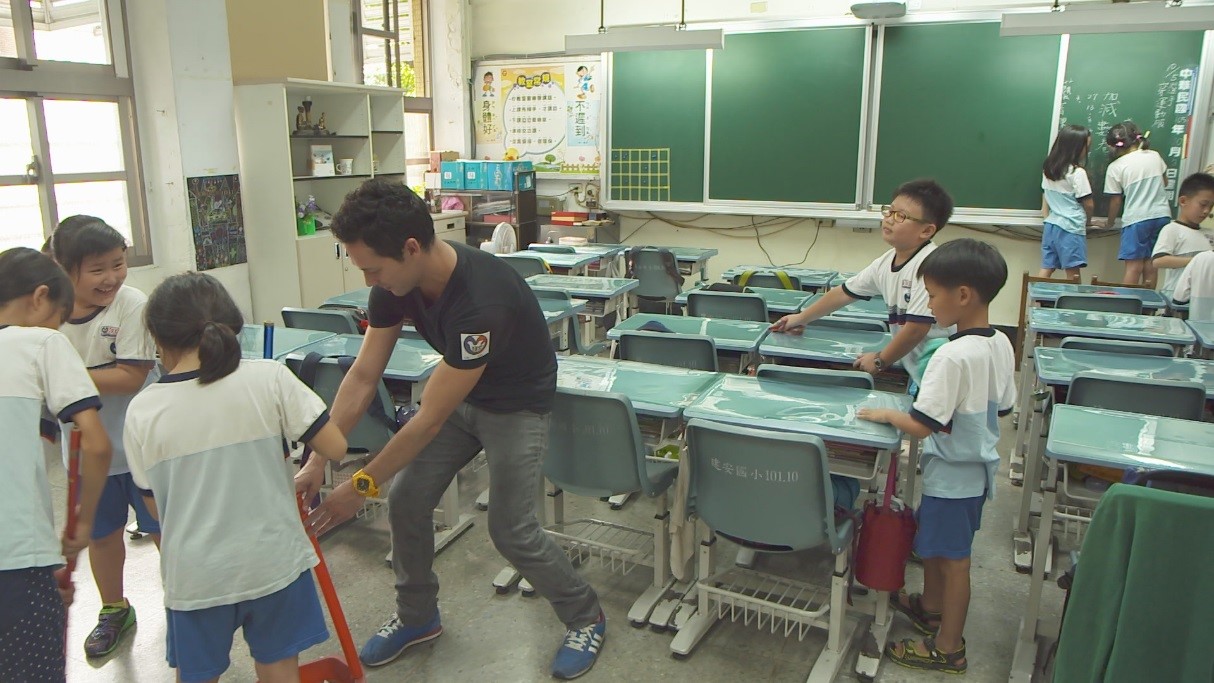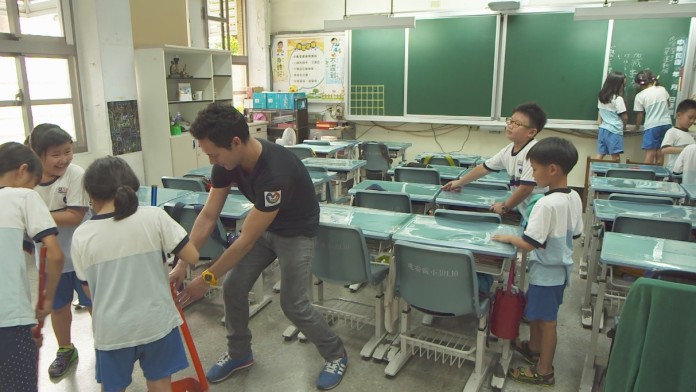SINGAPORE: Despite years of anti-littering campaigns and penalties, the number of fines meted out for littering last year hit a six-year high – leading some to ask if there is a better way to keep Singapore clean, and not cleaned.
Some 26,000 tickets were issued by the National Environment Agency (NEA), and 7 in 10 litterbugs caught were Singaporean.
While litterbugs can be fined up to S$1,000 for a first offence and S$5,000 if caught again, as well as face serving Corrective Work Orders, behavioural psychologist Geraldine Tan thinks such deterrents don’t help to effect long-term change in behaviour.
“We don’t internalise (it) because of the negative association. I don’t know how to stop the behaviour; I just know I need to stop. Then on top of that, I get angry, I feel ashamed, embarrassed and resentful.
“So the next time, some people might want to take revenge. You’re not looking? I would just throw. That is even worse,” said Dr Tan in an interview with Channel NewsAsia’s It Figures programme. (Watch the episode on littering here.)
FEWER DUSTBINS PLEASE?
Could Singapore learn from the successes of places such as Japan and Taiwan in shaping people’s habits instead? Start, perhaps, with removing some dustbins, counter-intuitive as that might seem.
The city of Taipei, for example, has fewer than 2,000 dustbins in public areas – that’s one bin for almost every 1,300 citizens. Compare that to Singapore, where there are around 10,000 street dustbins provided by the NEA – one for roughly every 540 citizens.
Mr Jui-Hsi Yen, section chief of the Department of Waste Management at Taiwan’s Environmental Protection Agency (EPA), said: “You’ll rarely find public dustbins (in Taipei). That’s because if the public keeps throwing their trash in and around the bin, that area would be dirty and messy. When the wind blows, some trash may float away.”
WATCH: How Taiwan went from ‘garbage island’ to one of Asia’s cleanest, in under 20 years.
The Japanese, for instance, carry a plastic bag with them for rubbish, Dr Tan noted. “If their kids eat sweets or anything like that, it goes into the plastic bag until they go home.”
But in Singapore, it could take a while for this habit to catch on. According to a 2011 study on littering commissioned by the Public Hygiene Council, one in five Singaporeans think that it is the cleaner’s fault if a street is dirty. More than half agree that the country is clean only because of its many cleaners.
Edward D’Silva, chairman of the Public Hygiene Council, says that Singaporeans have grown too comfortable with the fact someone will always be there to clean up after them. “They took all these things for granted,” he told It Figures.
However when citizens “are responsible for their own litter, it makes it easier for the Government to ensure that it doesn’t have to spend too much on employing cleaners”. “This money could have been spent better on improving the lives of citizens,” he added.
STUDENTS CLEAN UP IN SCHOOLS
But the secret behind Taiwan’s cleanliness is not just having fewer dustbins.
In the 1990s, the EPA introduced a zero-waste policy which encouraged the public to recycle. It also started charging for garbage bags that citizens must use to dispose of general waste, called for food packaging to be minimised, and banned disposable tableware from schools and government agencies.
This approach, coupled with strict fines for littering (as well as rewards for those who inform on litterbugs), made the Taiwanese more aware of the rubbish they create – and more responsible for the cleanliness of their environment.

The Taiwanese also start cultivating good habits early. Across the island, students between 3 and 12 years old spend about 20 minutes each day cleaning their classrooms. Older students take part in voluntary cleaning projects in their schools throughout the year.
In Singapore, many schools already include five to 10 minutes of cleaning by students. According to the Ministry of Education, by the end of this year, it will be compulsory across all schools. Schools are free to decide on what these daily activities should be and when they take place.
Watch the full episode on Toggle here. Catch new episodes of It Figures every Monday at 8pm SG/HK.





